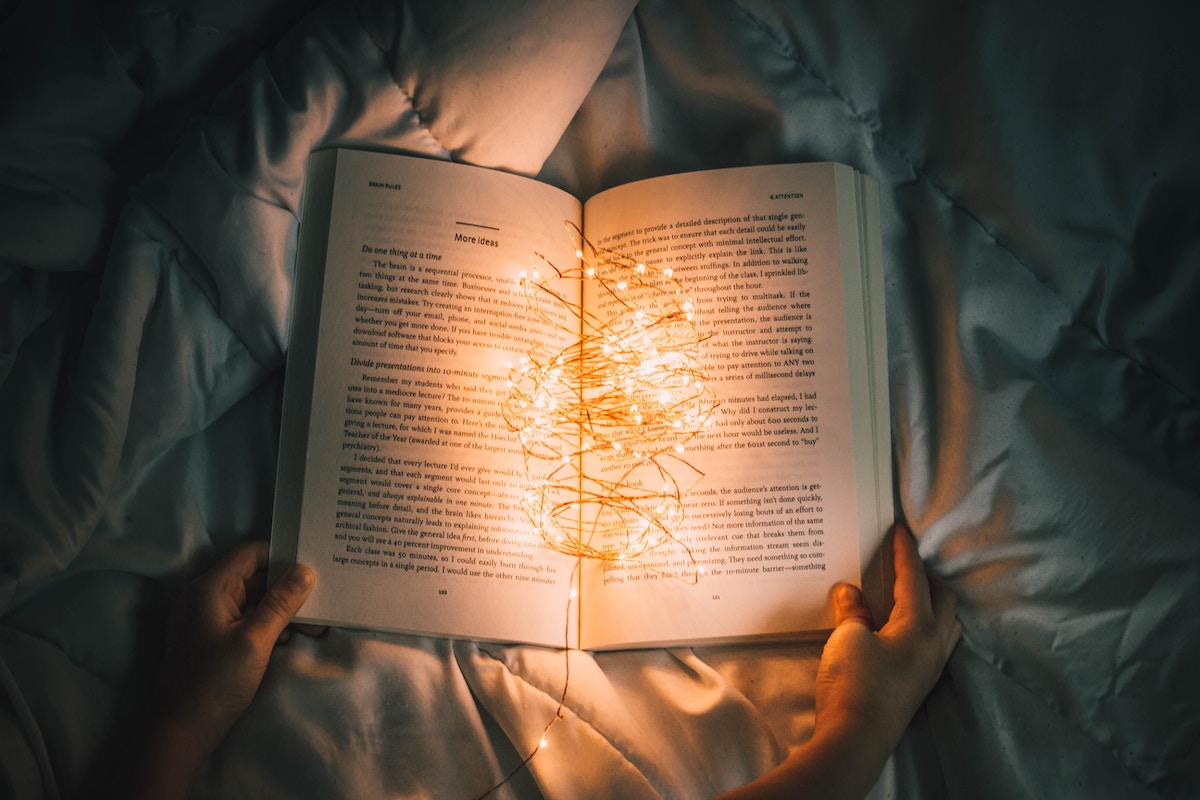33 libros en el 2019
Como ya he comentado antes, vivimos en una época en que el autoaprendizaje es cada día más relevante. En la medida en la que menos gente lee libros, leer se puede convertir en una ventaja competitiva importante. Es un modo muy efectivo de pararse sobre los hombros de gigantes.
El 2019 leí 16 libros de no-ficción y 17 novelas. Del primer grupo, estos son los que más disfruté y recomendaría:
- 21 Lessons for the 21st Century por Yuval Noah Harari.
- This Is Marketing: You Can’t Be Seen Until You Learn to See por Seth Godin y Ken Blanchard.
- Building a Better Business Using the Lego Serious Play Method por Per Kristiansen y Robert Rasmussun.
- Atomic Habits por James Clear.
- Keep Going: 10 Ways to Stay Creative in Good Times and Bad por Austin Kleon.
- AI Superpowers: China, Silicon Valley, and the New World Order por Kai-Fu Lee.
- Information Doesn’t Want to Be Free: Laws for the Internet Age por Cory Doctorow, Neil Gaiman y Amanda Palmer.
En la categoría de ficción/fantasía, esta es la lista corta. Si tuviera que quedarme con uno, escogería la trilogía de Liu Cixin, Remembrance of Earth’s Past.
- A Year and a Day in Old Theradane por Scott Lynch. (Fantasía)
- The Murderbot Diaries por Martha Wells (All Systems Red, Artificial Condition, Rouge Protocol, Exit Strategy). (Ciencia ficción)
- The Quantum Evolution Series (The Quantum Magician, The Quantum Garden) by Derek Künsken. (Ciencia ficción)
- Lady Astronaut series (The Calculating Stars, The Fated Sky) por Mary Robinette Kowal. (Ciencia ficción)
- Delta-V por Daniel Suarez. (Ciencia ficción)
- Remembrance of Earth’s Past trilogy (The Three-Body Problem, The Dark Forest, Death’s End) por Liu Cixin. (Ciencia ficción)
- The Technologists por Matthew Pearl. (Misterio histórico)
Photo by Nong Vang on Unsplash.
